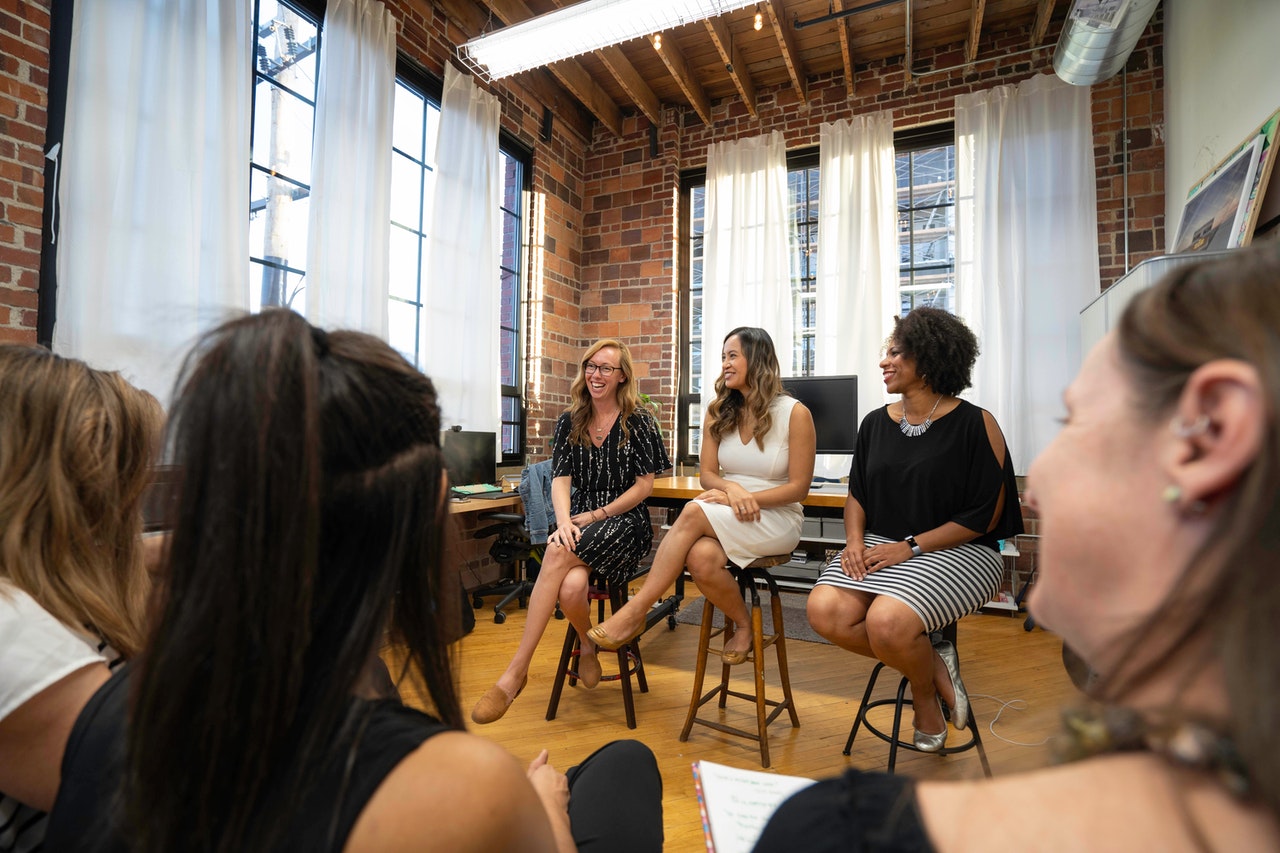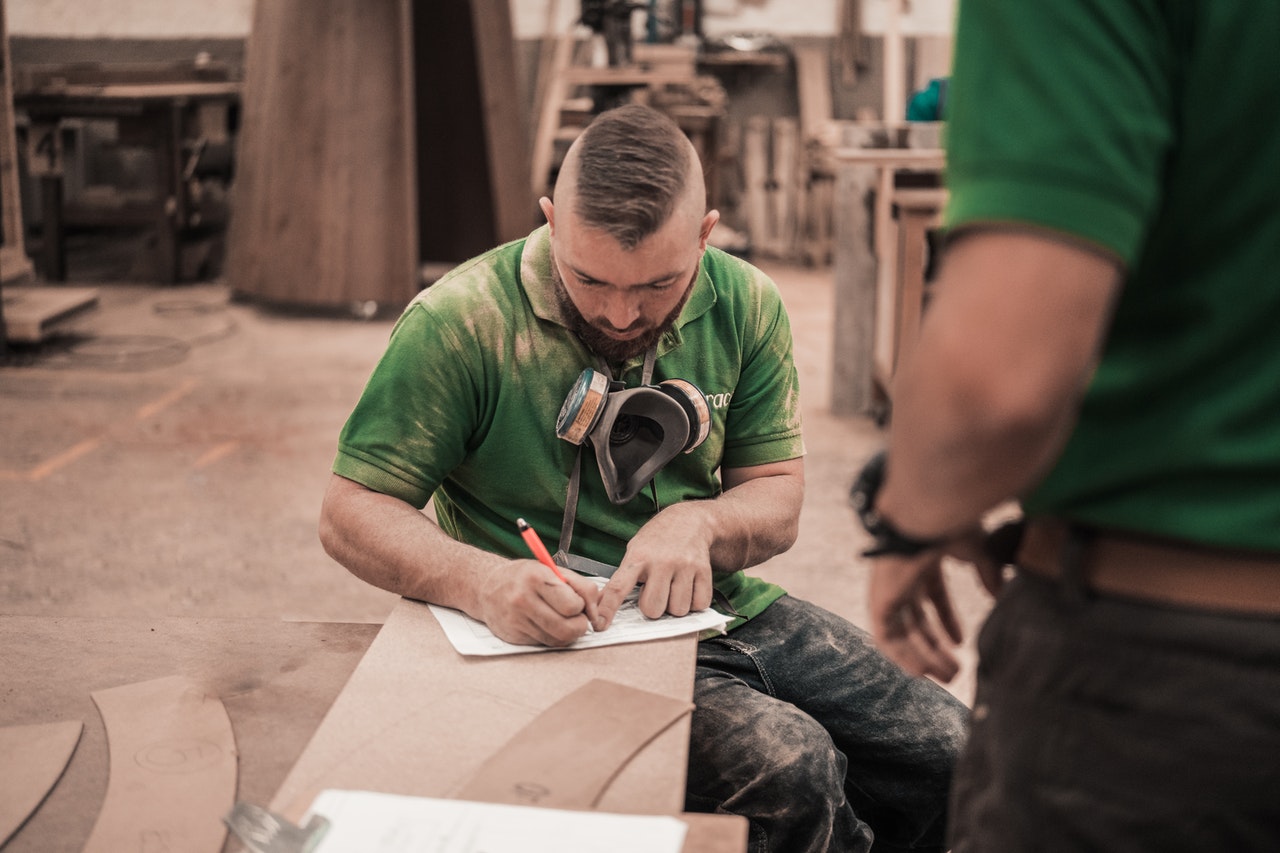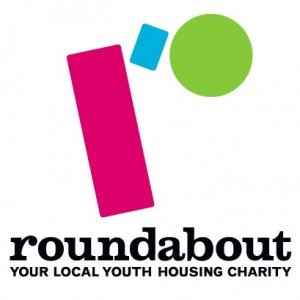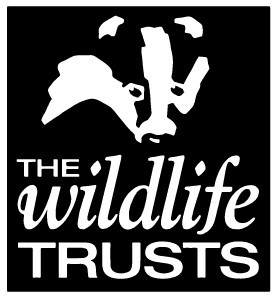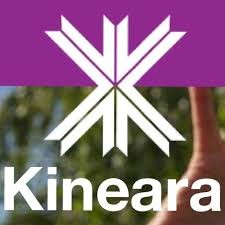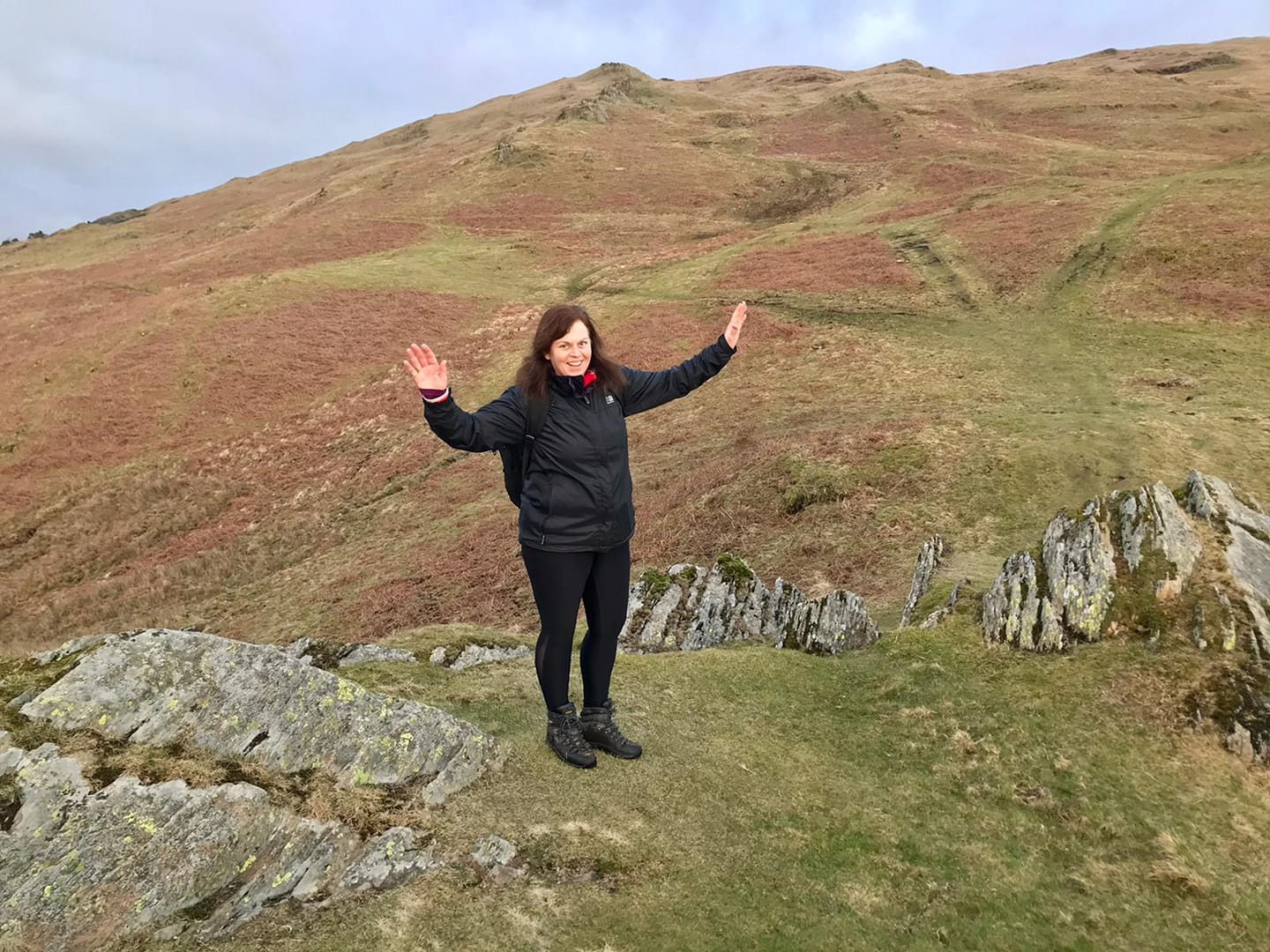Authentic ESG reporting is important for all businesses to take into account these days. Consumers are increasingly looking for transparency and social responsibility from the organisations they interact with, and so being able to conduct authentic ESG reporting will allow you to showcase your organisation as both environmentally and socially responsible.
It’s not just customers you need to prove your CSR to though. Stakeholders, investors, employees, and NGOs are increasingly taking ESG into consideration to manage their investment risks, choose who they want to work with, and pinpoint which organisations they want to shout about.
Impressive ESG brings about higher returns on investments, lower risks, and can even improve the resiliency of team members. ESG reporting shows this value to your stakeholders so they can physically see the impact your organisation is having on your colleagues, consumers, and communities.
The three things to look at within ESG reporting are environmental impact, social value, and the corporate governance of the company. Your environmental impact depends on energy efficiency, carbon emissions, and waste management, among many other sustainability factors. Your social value includes your culture, your impact on the community, inclusivity, employee engagement, and customer satisfaction. Governance is all about operations, transparency, and best practices. Making all three a priority within your organisation is great, and reporting on them is even better, because it allows you to showcase your ESG rating, ultimately building business and allowing you as an organisation and individuals to have an even greater impact on your community and beyond.

Authentic ESG Reporting Tip 1: Your Team
To successfully conduct ESG reporting you need an efficient team of professionals who will create targets, consider performance metrics, and ensure the standard of accurate and effective ESG reporting. Make every one of your team members aware of your focus on CSR and ESG to adopt a mindset of environmental and social responsibility within your workplace. This means also sharing the results with team members, showing them the clear impact their ESG efforts are having on their wider community. When your team are all on board, this has a rolling effect on your clients and customers, potential investors, and other members of your supply chain.
Authentic ESG Reporting Tip 2: Stakeholders
It’s important that your ESG efforts take into account the causes which mean the most to your stakeholders, investors, employees, and customers. This means also understanding how best to report your ESG impact back to your most important people. Engaging with those who are part of your organisation is an essential part of successful ESG reporting, and by continually addressing the changing community issues that affect your organisation, you’ll keep employees engaged, investors interested, and customers converting.
Authentic ESG Reporting Tip 3: Business Strategy
Firstly, you should consider the environment, your culture, and your community in order to pinpoint which areas your organisation could improve upon, so that you can ensure your ESG reporting directly correlates with your business strategy. Use this to set targets and share those with your team, your stakeholders, and even your clients, to hold yourselves accountable, showcase your transparency, and build trust and engagement. When it comes to ESG reporting, make sure you showcase your results alongside how each metric aligns with your overall business strategy to make sure targets are being ticked off and engagement remains high.
Authentic ESG Reporting Tip 4: In The Report
ESG reporting should focus on your organisation’s environmental, social, and governance-related endeavours and impact, whilst tying these achievements back to the company’s objectives. Your ESG reporting should not only consider the outcomes, but also the journey. How did you achieve your targets? What could you do more of next time? Consider your targets, your initiatives, and your communities. By focusing your report around what would have a positive effect on your community and on your company, you’ll make sure you’re having the most impact possible.
Your ESG reporting will be scrutinised by your investors, your customers, your employees, and your prospects, and so keeping the focus around the things that mean the most to these people will see your ESG reporting having the biggest impact. Ensure you highlight the positive changes in your community so that everyone within those communities will notice the impact, benefit from your efforts, and get to know your organisation that little bit more.
ESG reporting should also highlight what you plan on doing next. This includes your short and long-term plans to further improve your ESG rating. Keep these action points super specific and transparent so your target audiences can see what you’ll be working on and how that will positively impact the company, your customers, and your community.
Authentic ESG Reporting Tip 5: Sharing Your Results
Your results should be showcased, and by ensuring that your efforts are also in line with your company objectives, you’ll become recognised as an organisation who tackles ESG effectively, improving the lives of your customers, colleagues, and communities. Shout about your achievements on social media, on your website, and let word of mouth spread the message of ethical business.
Community Credits from Investors In Community allow you to highlight your ESG impact to all of your colleagues, clients and fellow community members. As you and your team fundraise, donate, and volunteer your skills, you’ll earn points that allow you to put an actual figure on your CSR and ESG impacts.
Showcase the great things your business is doing environmentally, socially, and culturally with Investors In Community. Start your free trial here to get your team on board with giving back.
